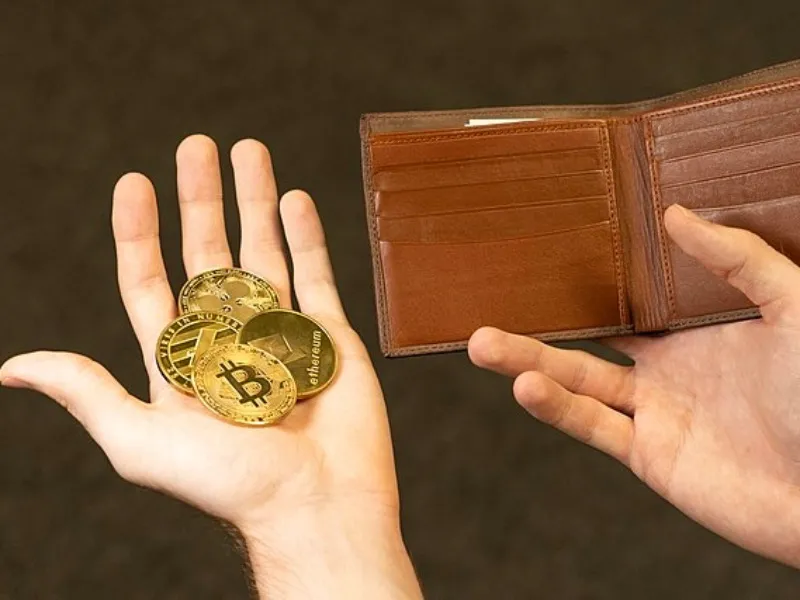- Crypto wallet addresses, which facilitate the sending and receiving of cryptocurrencies, are typically alphanumeric strings composed of letters and numbers.
- The user experience of crypto wallets often hinges on how well the interface handles case sensitivity. Wallet providers and blockchain platforms implement various strategies to mitigate user errors.
In the increasingly digital landscape of cryptocurrency, the security and functionality of crypto wallets are paramount concerns for users. One common query that arises in this realm pertains to the case sensitivity of crypto wallet addresses. Understanding this nuance is crucial for ensuring accurate transactions and safeguarding digital assets.
Case sensitivity in crypto wallet addresses
Crypto wallet addresses, which facilitate the sending and receiving of cryptocurrencies, are typically alphanumeric strings composed of letters and numbers. Whether these addresses are case sensitive depends on the specific blockchain protocol. For example, Bitcoin addresses are case sensitive, meaning a change in uppercase or lowercase letters alters the destination of funds. This sensitivity ensures precision in transactions and prevents errors that could result in funds being sent to the wrong address.
An illustrative example occurred in 2013 when a user mistakenly sent 800 BTC (worth around $350,000 at the time) to a Bitcoin address that differed by just one uppercase letter from the intended recipient’s address. This error was irreversible due to the case sensitivity of Bitcoin addresses, highlighting the importance of meticulousness in crypto transactions.
Also read: Cryptocurrency hacking thefts double to $1.4 billion in first half of 2024
Also read: Singapore ups the risk factor for cryptocurrency exchanges
User experience and interface design
The user experience of crypto wallets often hinges on how well the interface handles case sensitivity. Wallet providers and blockchain platforms implement various strategies to mitigate user errors. Some wallets automatically convert addresses to a standardised format, ensuring consistency regardless of the input case. This approach simplifies the user experience and reduces the likelihood of mistakes caused by case sensitivity.
For instance, Ethereum addresses are not case sensitive, but to enhance user experience, many Ethereum wallets normalise addresses by converting them to lowercase before processing transactions. This practice minimises confusion and improves usability, aligning with broader industry efforts to streamline crypto transactions.
Security considerations and best practices
Security remains paramount in the crypto ecosystem, and case sensitivity plays a critical role. While case sensitivity adds a layer of precision, it also necessitates careful handling to avoid potential pitfalls. Users are advised to double-check addresses before initiating transactions and to rely on trusted sources to minimise the risk of fraud or loss.
In a notable incident, a phishing attack in 2017 targeted users by presenting fake cryptocurrency addresses that were visually similar to legitimate ones but differed in case sensitivity. This tactic exploited users’ oversight and underscores the importance of vigilance in verifying addresses to prevent falling victim to scams.
Understanding the nuances of case sensitivity in crypto wallet addresses is crucial for navigating the complexities of cryptocurrency transactions securely. Whether managing Bitcoin, Ethereum, or other cryptocurrencies, users must be diligent in verifying addresses and leveraging wallet interfaces that enhance usability while safeguarding against potential errors and threats. As the crypto landscape evolves, staying informed and adopting best practices remains paramount for all participants in this digital financial frontier.

